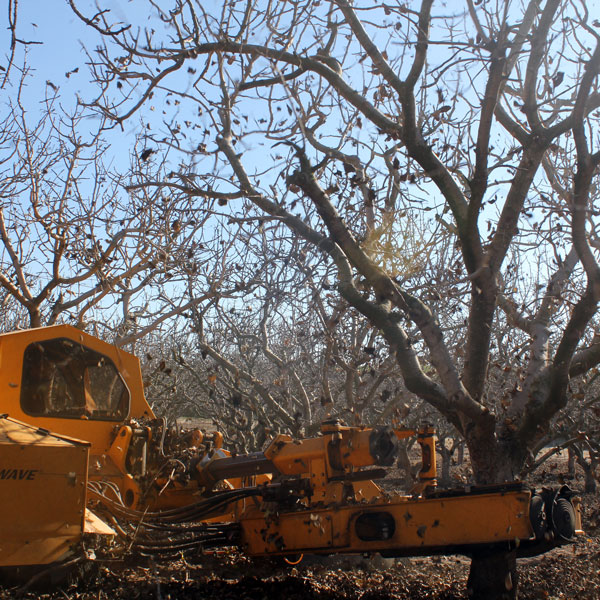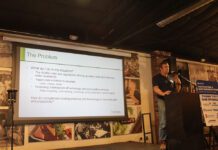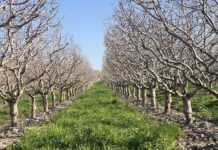In an effort to reduce rejections of pistachio shipments by the European Union (EU) due to aflatoxin, the Administrative Committee for Pistachios (ACP) developed the voluntary Pistachio Export Aflatoxin Reporting Program (PEAR). The program provides standardized reporting of sampling, analytical certification and traceability, equal to the official testing done by the EU at ports of entry.
Bob Klein, manager of ACP, said the program, implemented late in 2018, is working well, with only one rejection of a shipment, compared to about 20 in the previous reporting period. He noted that last year’s low NOW damage in the pistachio crop was a major contributor to the high quality of the crop and the low aflatoxin levels.
Eight pistachio handlers, representing 95 percent of the pistachio exports to the EU are participating in the PEAR program.
Aflatoxin, a toxic and carcinogenic byproduct of the fungi Aspergillus flavus, contaminates pistachios primarily due to navel orangeworm feeding. Pistachios, in shell, shelled or roasted are subject to 10 percent sampling frequency for aflatoxin testing at EU ports of entry.
Sampling variability and random distribution of aflatoxins in shipments are the challenges for shipping pistachios to the EU. Klein said even knowing a shipment has two parts per billion (PPB) of aflatoxin, well below the 10 ppb limit set by the EU, there is still a five percent risk the shipment can be rejected if the samples taken there test higher. To achieve a 95 percent probability a shipment would be accepted, the sample size would have to be close to 2,000 pounds, which isn’t feasible, Klein said.
The PEAR program is intended to provide the EU with verification that the handlers comply with the EU requirements for aflatoxin in pistachios. Sampling, analytical aflatoxin testing in USDA-approved laboratories, program verification audits by USDA-Specialty Crops Inspection procedures for responding to rejection comprise the legal framework of PEAR.
Participation in the PEAR program is voluntary, but the handlers are required to comply with the requirements and may not ship pistachios to the EU outside of the PEAR program. It is open to all handlers regulated under the pistachio marketing order who export pistachios grown in California, Arizona and New Mexico.

Cecilia Parsons
Cecilia Parsons has lived in the Central Valley community of Ducor since 1976, covering agriculture for numerous agricultural publications over the years. She has found and nurtured many wonderful and helpful contacts in the ag community, including the UCCE advisors, allowing for news coverage that focuses on the basics of food production.
She is always on the search for new ag topics that can help growers and processors in the San Joaquin Valley improve their bottom line.
In her free time, Cecilia rides her horse, Holly in ranch versatility shows and raises registered Shetland sheep which she exhibits at county and state fairs during the summer.
















